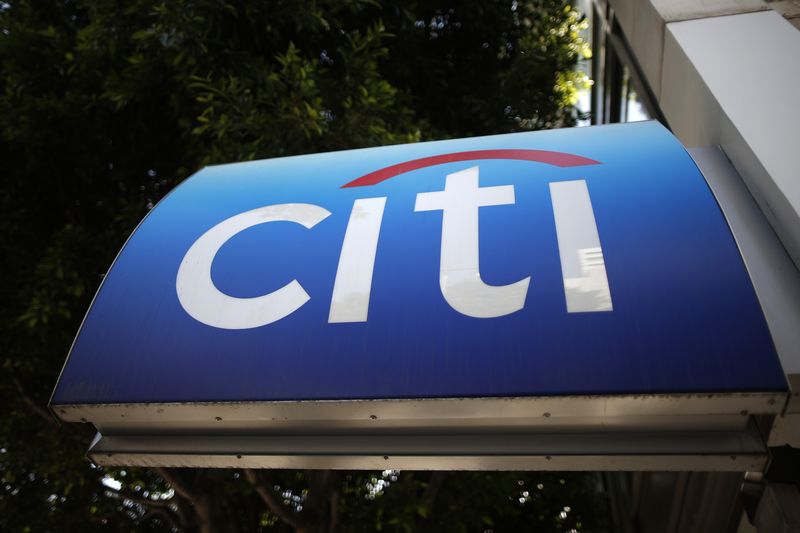By Jonathan Stempel
NEW YORK (Reuters) - A federal judge on Thursday said Citigroup Inc (N:C) cannot process interest payments by Argentina on some bonds issued under that country's law, a defeat for the cash-strapped nation as it tries to reenter international debt markets.
U.S. District Judge Thomas Griesa in Manhattan said letting Citigroup process the payments on so-called dollar-denominated exchange bonds would violate a requirement that Argentina treat bondholders equally.
Griesa's decision upheld his order on July 28 that blocked Citigroup from making the payments on an estimated $2.3 billion of bonds. Another payment is scheduled for March 31.
"This is a major blow," said Ignacio Labaqui, an analyst for Medley Global Advisors in New York.
Argentine's dollar-denominated bonds gave up early gains after the decision, with debt maturing in 2023
The country's economy ministry and Citigroup declined to provide immediate comment.
Griesa's decision is the latest setback for Argentina in a long-running legal battle stemming from the country's roughly $100 billion sovereign debt default in 2001.
Argentina subsequently restructured its bonds in 2005 and 2010, swapping existing bonds for new bonds worth less than one-third as much.
But a group of bondholders known as "holdouts," including billionaire Paul Singer's Elliott Management LP hedge fund and the Aurelius Capital Management hedge fund, refused to accept the terms, and demanded to be paid in full.
UNAPPEALING OPTIONS
Griesa has ruled that the holdouts must be paid before Argentina can make payments on the restructured bonds.
Argentina refused, and defaulted last July after rejecting Griesa's order that it pay $1.33 billion plus interest to the holdouts.
Citigroup has portrayed itself as being in a legal no man's land, forced to choose between processing payments in defiance of Griesa's order, or not processing payments and putting its ability to do business in Argentina at risk.
Griesa acknowledged the predicament, saying "neither option is appealing," but said it was the result of Argentina's having "refused to observe the judgments of the court to whose jurisdiction it acceded."
Lawyers for the holdouts did not immediately respond to requests for comment.
"It's bad news for Argentina, bad news for holders of performing debt and local law debt," said Alberto Bernal, head of emerging markets at BullTick Capital Markets in Miami. Debt is "performing" when payments are being made as scheduled.
Griesa said "the vast majority" of exchange bonds governed by Argentine law qualified as "external" indebtedness, not domestic indebtedness, triggering the equal treatment requirement.
He again urged that Argentina work with a court-appointed mediator, Daniel Pollack, to end its disputes with the holdouts. Pollack declined immediate comment.
VULTURES
Argentine President Cristina Fernandez has long criticized the holdouts as "vultures."
She is barred from running for a third term, and the leading candidates to succeed her in December may choose a more conciliatory approach.
"There is a lot of hope that economic policy will change, but that's going to be a long-term process," said Roberto Drimer, an analyst at Buenos Aires-based consultancy VatNet.
David Rees, emerging markets economist at Capital Economics Ltd in London, this month said allowing the payments could have enabled Argentina to resume servicing some debt, and perhaps issue new dollar-denominated debt outside the United States.
Argentina tried in February to sell $2 billion of dollar-denominated bonds through Deutsche Bank AG (DE:DBKGn) and JPMorgan Chase & Co (N:JPM).
It scrapped that plan after Griesa demanded that the banks turn over documents related to the proposed sale, which had been the subject of a subpoena.

The case is NML Capital Ltd v. Argentina, U.S. District Court, Southern District of New York, No. 08-06978.